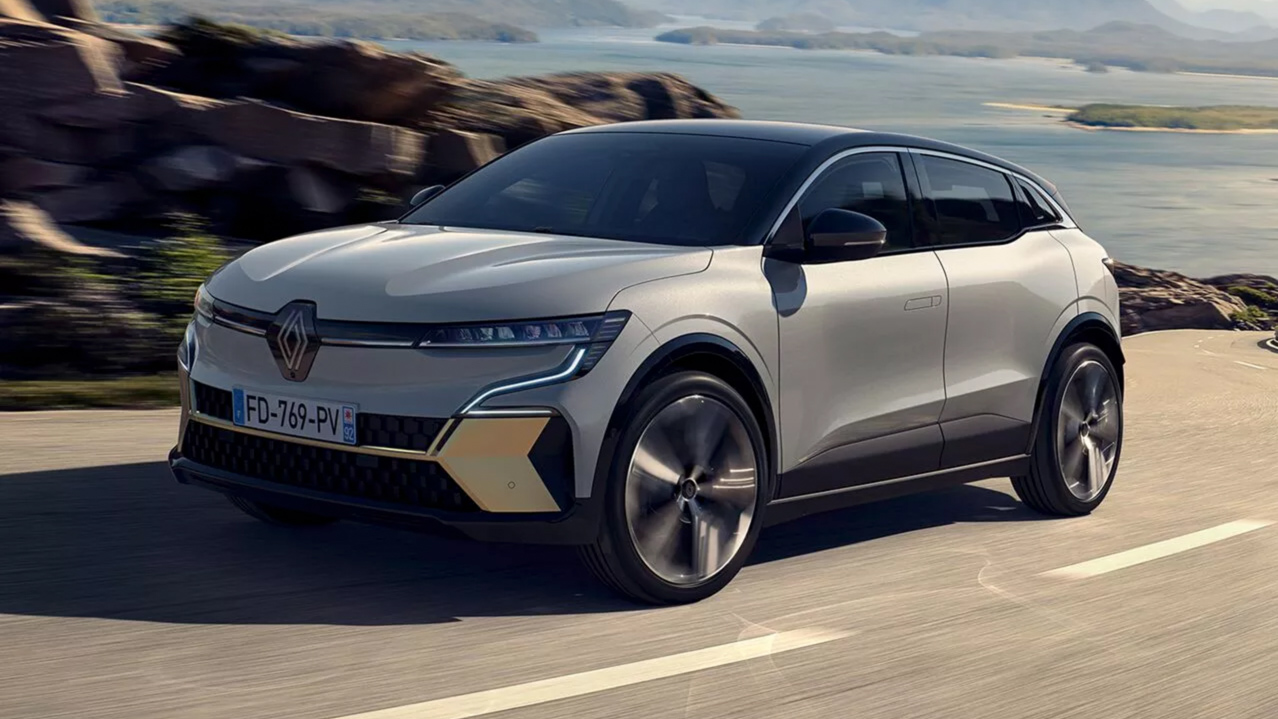
Last month saw the release of the Google Pixel 7 and Google Pixel 7 Pro, Google's new flagship mobile phones. After receiving a swathe of negative press prior to being launched, the Pixel 7 range showed that the real magic of Google's innovation comes in their software.
Beyond the user interface, the Pixel devices are built with AI and Machine Learning processes in mind, which can understand your behaviours and adapt to improve things like battery life.
Now, Google and French car manufacturer, Renault, have expanded their partnership to develop a software platform for future vehicles. The new "software-defined vehicle" will build on the Android Automotive platform Google have developed, and will send data to be processed by Google's cloud servers.
The two companies describe working on a "Digital Twin" with advanced AI capabilities, to make the process of integrating new services easier. It will also aid the creation of "new onboard and offboard applications."
According to Renault, the collaboration will "reduce costs, improve efficiency, flexibility, and speed of vehicle developments, and increase value for end-users thanks to continuous software innovation."
The main outcomes for the project include the detection, and possibly even repair, of issues within the vehicle, a personalised experience that can adapt to how you drive and even insurance models that are based on data from your actual usage, rather than outdated metrics.
That last one could be a golden ticket for Renault. Being able to offer personalised insurance premiums will appeal to a wide cross-section of drivers, who feel they are unfairly penalised for one or more things like age or mileage, despite their safety on the road.
Get all the latest news, reviews, deals and buying guides on gorgeous tech, home and active products from the T3 experts
The other objectives sound promising too, offering a software platform that can go toe-to-toe with the likes of Tesla. The electric vehicle pioneers, led by Twitter tycoon, Elon Musk, have created a platform that many consider to be the standard for how cars will operate in the future. Updates and even some upgrades can all happen through the cars' software.
I'd hope that the integration of Google's AI and Machine Learning capabilities can be leveraged to increase the battery efficiency. Modern EVs are already equipped with a host of tech, but an AI that can learn your driving style and adapt to make power consumption as efficient as possible based on that could be a masterstroke.

Sam is an award-winning journalist with over six years of experience across print and digital media. As T3’s Senior Staff Writer, Sam covers everything from new phones and EVs to luxury watches and fragrances. Working across a range of different social media platforms alongside his written work, Sam is a familiar face for fans of T3. When he’s not reviewing snazzy products or hunting for stellar deals, Sam enjoys football, analog photography and writing music.
